Realising a net-zero carbon future by unleashing the potential of Renewable energy
At JSL Global, we have invested in developing a round-the-clock renewable energy platform, Oyster Renewables, to provide renewable energy alternatives to India’s commercial and industrial (C&I) consumers. The objective is to leverage solar-wind hybrid renewable energy and set up 2GW of RTC RE power capacity over the next 48 months, which pace us towards a net-zero carbon future.

Development
Expanding capacity through project development capabilities
We actively engage in brown field and green field development to maximize operational efficiency and provide our team with unparalleled access to potential development sites.
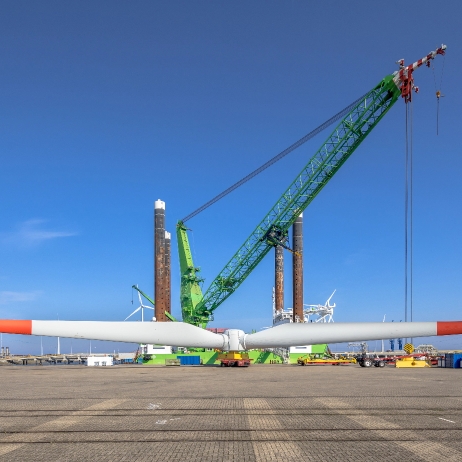
Investments
Building long-term value through strategic investments
We make strategic investments in varied renewable projects to generate the maximum value for our customers and stakeholders. Our investments range from brownfield investments like refurbishing state-owned power assets to expansion of plants.
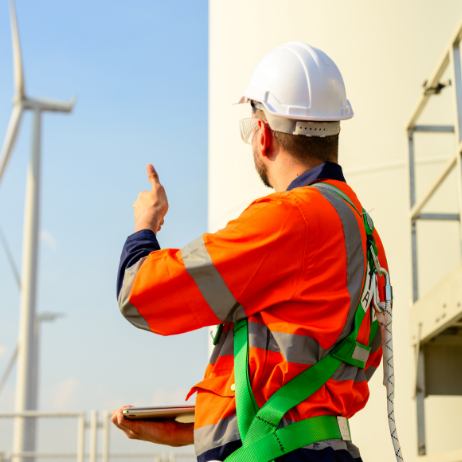
Operations
Unlocking operational excellence with the power of hybrid projects
A pivotal step in our clean energy vision is our strategically located 1GW Renewable projects where ~580MW is under construction hybrid project to provide cost-effective RTC RE energy to C&I consumers in India and ~420 MW in the pipeline.
Development
Expanding Capacity Through Project Development Capabilities
Under-Construction Project c.600 MW hybrid project
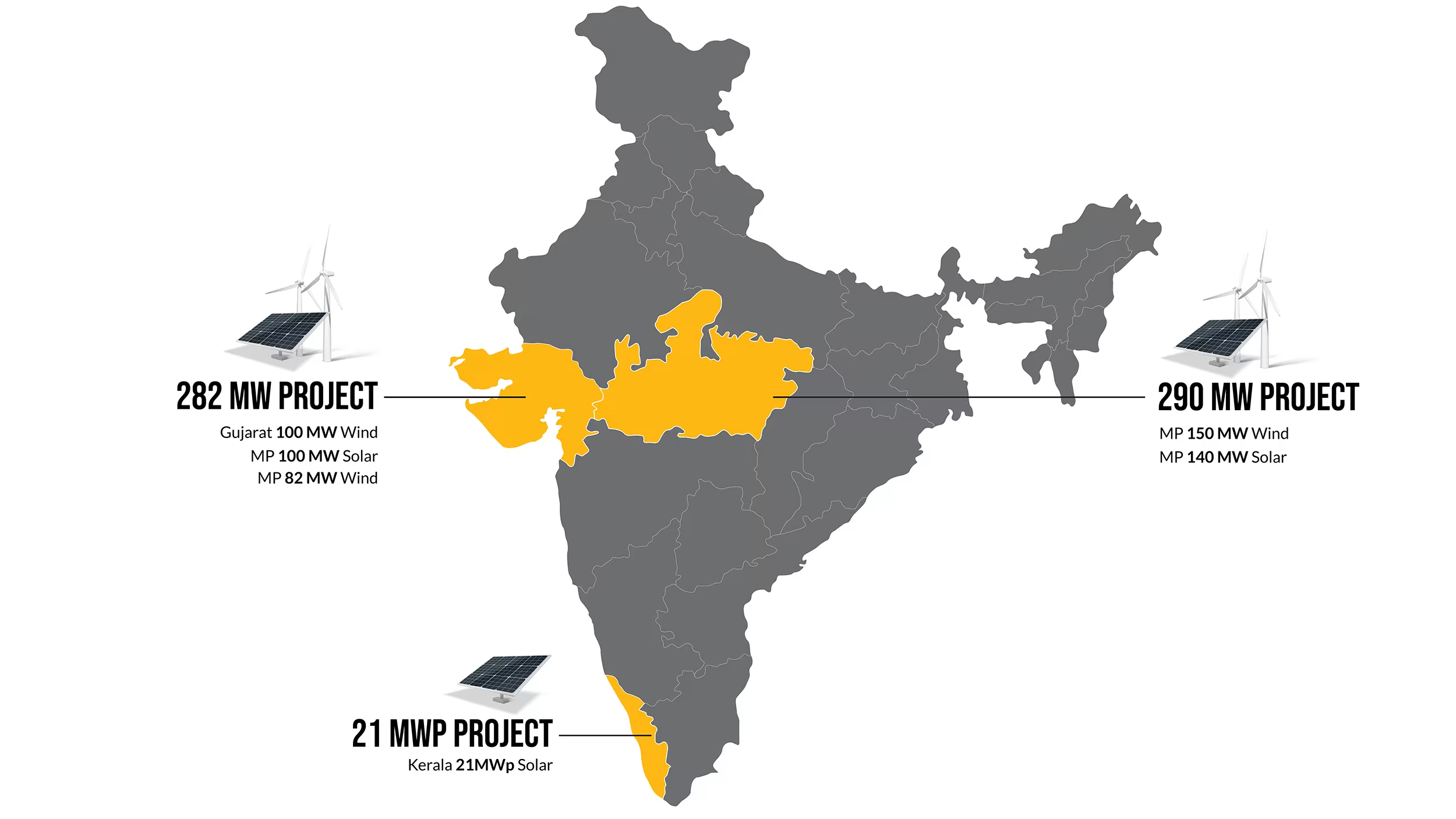
project IN PIPELINE C. 450 Mw hybrid project under discussion
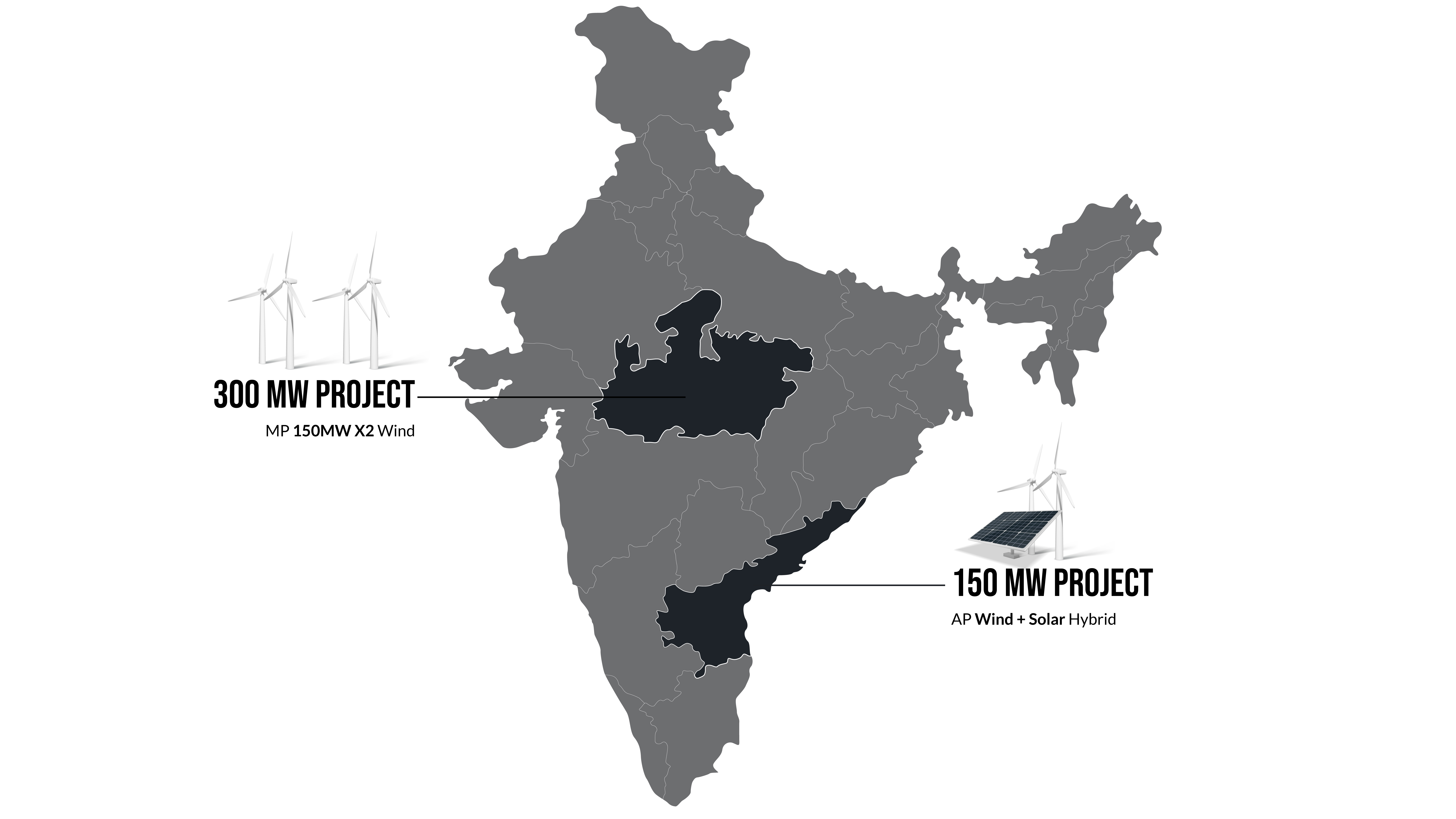
Investments
Building Long-Term Value Through Strategic Investments
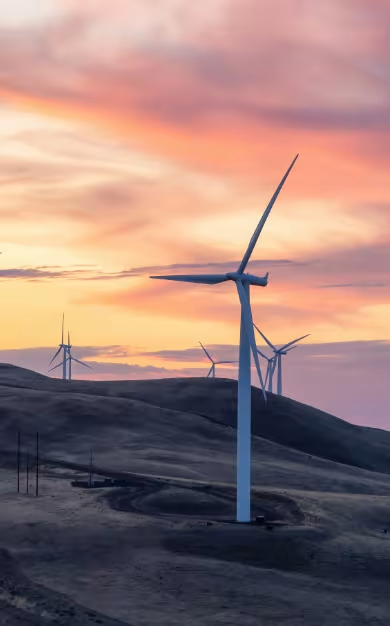
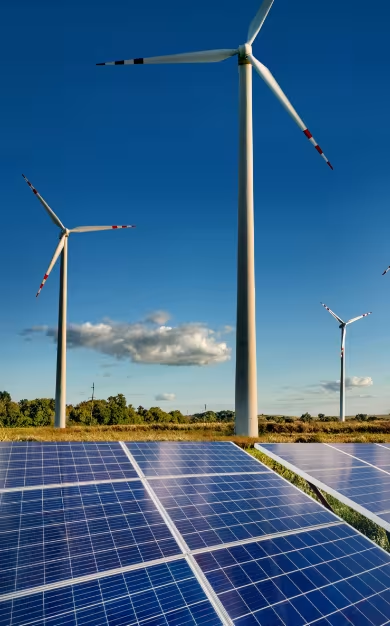
operations
Unlocking Operational Excellence with the Power of Hybrid Projects
Case Study
ACCELERATING STAINLESS STEEL SUPPLY CHAIN TRANSFORMATION THROUGH RENEWABLE ENERGY SOLUTIONS
JSL Global is committed to a sustainable future with a Renewable Energy production capacity of 2 GW by 2030. This year, we’re working towards integrating 282 MW of hybrid renewable power into our operations, supporting the production of 3 million tonnes of green stainless steel per annum. This initiative reduces our carbon footprint and ensures compliance with the EU’s upcoming Carbon Border Adjustment Mechanism (CBAM), set to take full effect in 2026.
